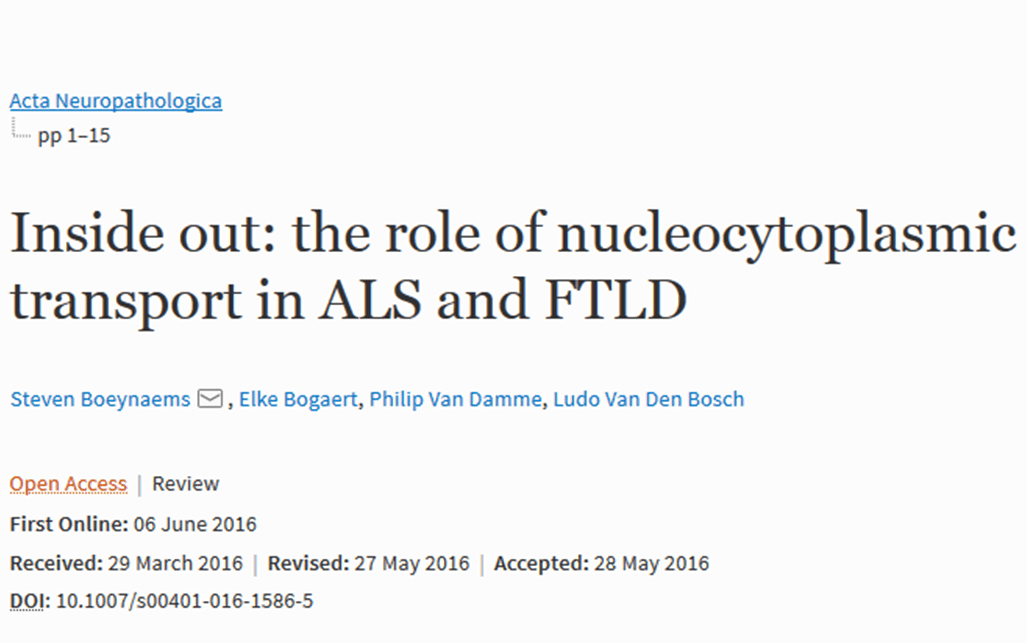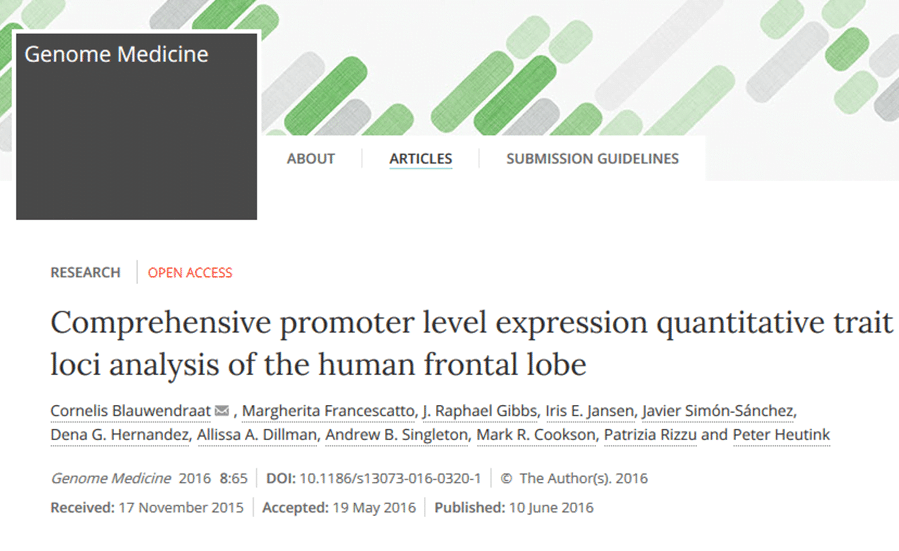A gene associated with Alzheimer’s disease and recovery after brain injury may show its effects on the brain and thinking skills as early as childhood, according to a study published in Neurology.
Prior studies showed that people with the epsilon(ε)4 variant of the apolipoprotein-E gene are more likely to develop Alzheimer’s disease than people with the other two variants of the gene, ε2 and ε3.
For the study, 1,187 children ages three to 20 years had genetic tests and brain scans and took tests of thinking and memory skills. The children had no brain disorders or other problems that would affect their brain development, such as prenatal drug exposure.
Each person receives one copy of the gene (ε2, ε3 or ε4) from each parent, so there are six possible gene variants: ε2ε2, ε3ε3, ε4ε4, ε2ε3, ε2ε4 and ε3ε4.
The study found that children with any form of the ε4 gene had differences in their brain development compared to children with ε2 and ε3 forms of the gene. The differences were seen in areas of the brain that are often affected by Alzheimer’s disease. In children with the ε2ε4 genotype, the size of the hippocampus, a brain region that plays a role in memory, was approximately 5 percent smaller than the hippocampi in the children with the most common genotype (ε3ε3). Children younger than 8 and with the ε4ε4 genotype typically had lower measures on a brain scan that shows the structural integrity of the hippocampus.
“These findings mirror the smaller volumes and steeper decline of the hippocampus volume in the elderly who have the ε4 gene,” said study author Linda Chang, MD, of the University of Hawaii in Honolulu.
In addition, some of the children with ε4ε4 or ε4ε2 genotype also had lower scores on some of the tests of memory and thinking skills. Specifically, the youngest ε4ε4 children had up to 50 percent lower scores on tests of executive function and working memory, while some of the youngest ε2ε4 children had up to 50 percent lower scores on tests of attention. However, children older than 8 with these two genotypes had similar and normal test scores compared to the other children.
Limitations of the study include that it was cross-sectional, meaning that the information is from one point in time for each child, and that some of the rarer gene variants, such as ε4ε4 and ε2ε4, and age groups did not include many children.
Reprinted from materials provided by the American Academy of Neurology.


